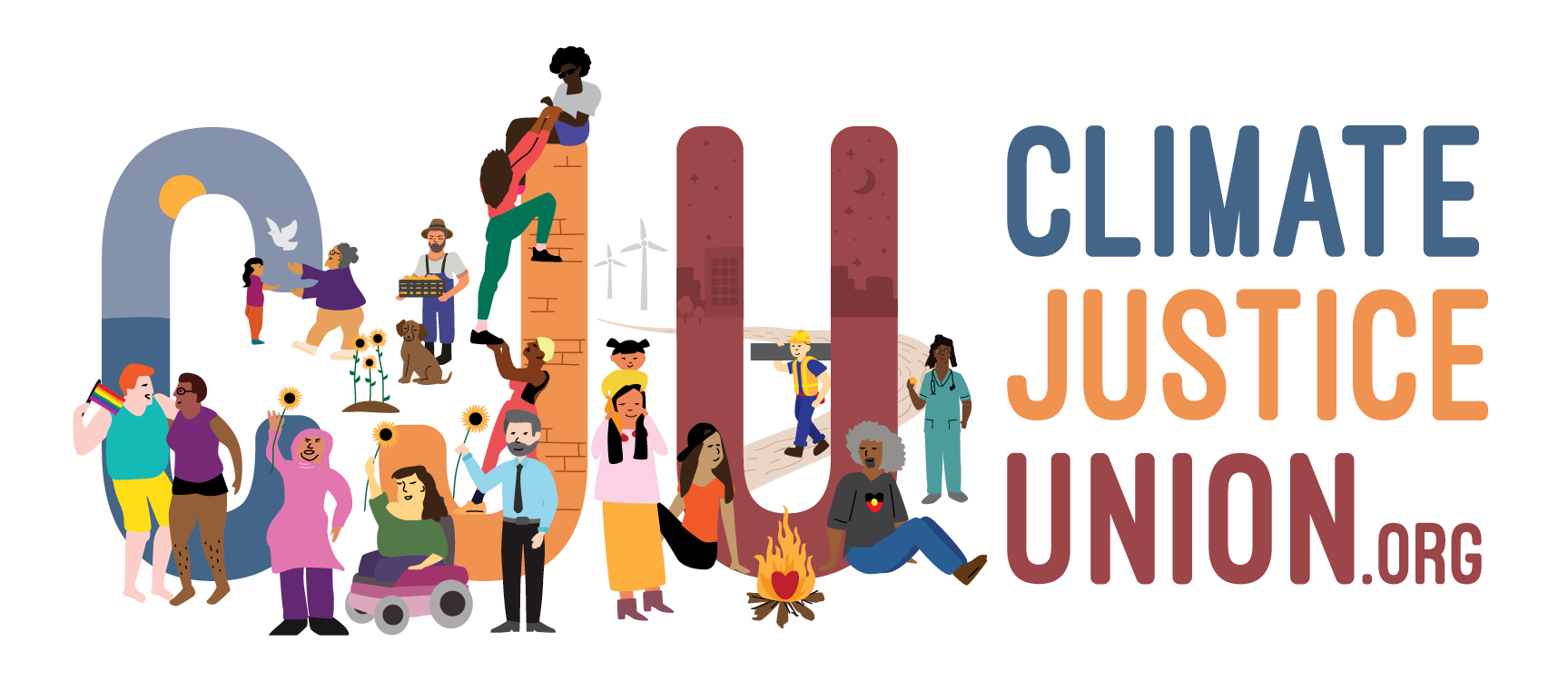|
Featured Events
Kwinana Book Club: Community Connections & Creating Change
The theme for the next session is 'Barriers and Biases'.
Kwinana Library are bringing together curious minds to read, watch, and listen to authors, poets, artists, and creatives to advance our understanding and actions for a better world.
Next up is our 'Barriers and Biases' Bunuru session at Kwinana Library on Wednesday February 18 from 5.30-7pm, click here to RSVP.

Other sessions will be held on the following dates:
- Wednesday, April 29 (Djeran): This changes everything
- Wednesday, June 17 (Mukuru): Grief, loss and coping
- Wednesday, August 19 (Djilba): Hope and healing
- Wednesday, October 21 (Kambarang): The future we want
This is the second of six sessions with the book club spanning the course of a year.
Each session will be facilitated by Climate Justice Union and have a different theme to align with the Noongar Seasons. There is no expectation to attend every session, you are welcome to attend as many sessions as you wish.
Unlike some book clubs and reading groups we will approach these gatherings similar to a meal with friends.
There are starters, mains, and dessert to choose from.You can read/watch/listen to one resource, or you are welcome to consume them all - as well as make your own suggestions for content to include!
Suggested materials for our 2026 Bunuru session are:
Starters:
- Noongar seasons: Bunuru - ABC News,
- Spirals exist in nature and have always been here, by Rae White
- Data bias in a world designed for men, by Breaking Down Patriarchy (20 min Video Introduction).
- Introduction to "End of Bias" (Link to be sent via email after RSVP)
Mains:
- Terra Nullius by Claire G. Coleman – Available as Book and eAudiobook.
- Whose Story is This? : Old conflicts, new chapters by Rebecca Solnit – Available as eAudiobook.
Desserts:
- 10 Principles of Disability Justice, by Sins Invalid. (Video 13 mins, or written principles)
- Long Covid is being erased - Again, by Ed Yong. (Article, 13 pages)
- ‘Scamming became the new farming’: inside India’s cybercrime villages, By Snigdha Poonam. Read by Mikhail Sen. (Podcast 40 min, or written article)
For program queries please contact programs@kwinana.wa.gov.au or 9236 4300
These sessions are suitable for adults and youth comfortable in adult environments
The venue will be open from 5:30pm for yarning and a cuppa, please feel free to bring snacks to share.


